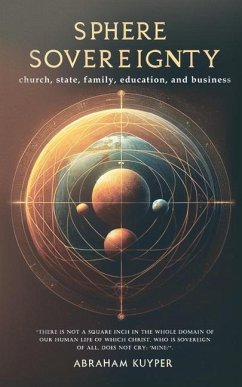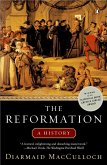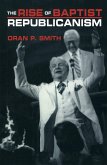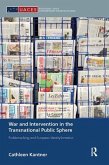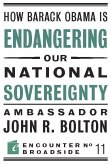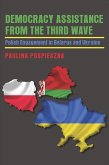"Sphere Sovereignty" by Abraham Kuyper offers a theological and philosophical framework, emphasizing the distinct, God-ordained authorities within various spheres of life-such as the church, state, family, and education. Kuyper argues that each sphere has its own autonomy, directly under God, without interference from the others, particularly the state. This work not only navigates the balance between these spheres but also critiques the overreach of state power into areas like the church and education. Kuyper's insights advocate for a society where diverse domains operate freely within their God-given jurisdictions, championing the principle that Christ claims sovereignty over "every square inch" of life. His vision remains influential in discussions on faith, politics, and society, offering a blueprint for Christian engagement in the public square while respecting the distinct roles and responsibilities divinely appointed to each sphere of life. In his lecture, Abraham Kuyper contrasted sphere sovereignty with state sovereignty, criticizing the latter for leading to a deification of the state and suppression of other life spheres, including academia. He also addressed "popular sovereignty," stemming from the French Revolution, as promoting an idolatry of individual rights. Advocating for sphere sovereignty, Kuyper envisioned the Free University to operate under divine authority, free from external institutional pressures, aiming for God's glory rather than that of the state or individual. This vision of pluralistic social theory, emphasizing unique, God-ordained spheres, remains influential in Reformed Christian circles. Abraham Kuyper delivered the lectures on Sphere Sovereignty in 1880. These lectures were part of a series he gave at the Free University in Amsterdam, which he helped to found.
Hinweis: Dieser Artikel kann nur an eine deutsche Lieferadresse ausgeliefert werden.
Hinweis: Dieser Artikel kann nur an eine deutsche Lieferadresse ausgeliefert werden.

